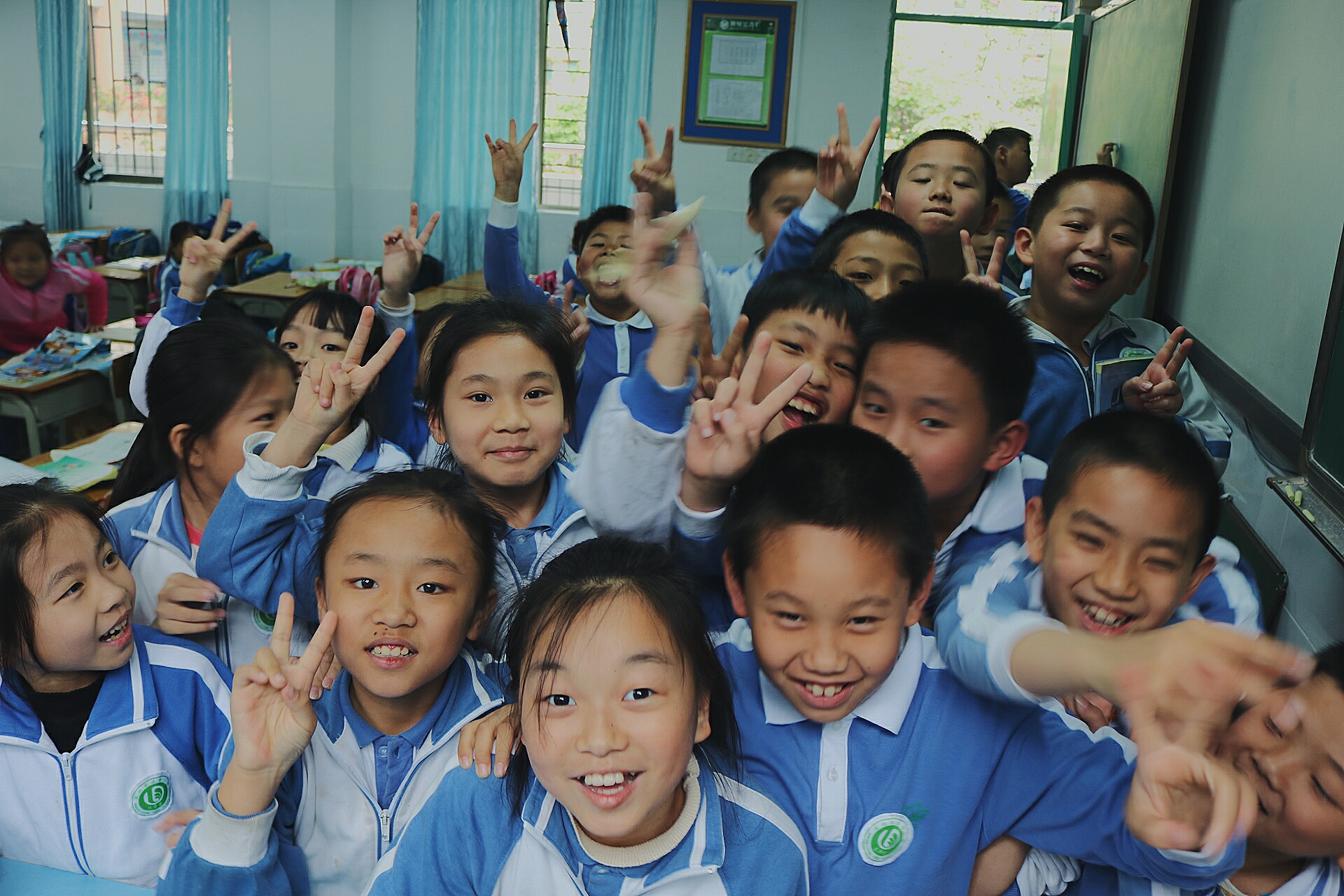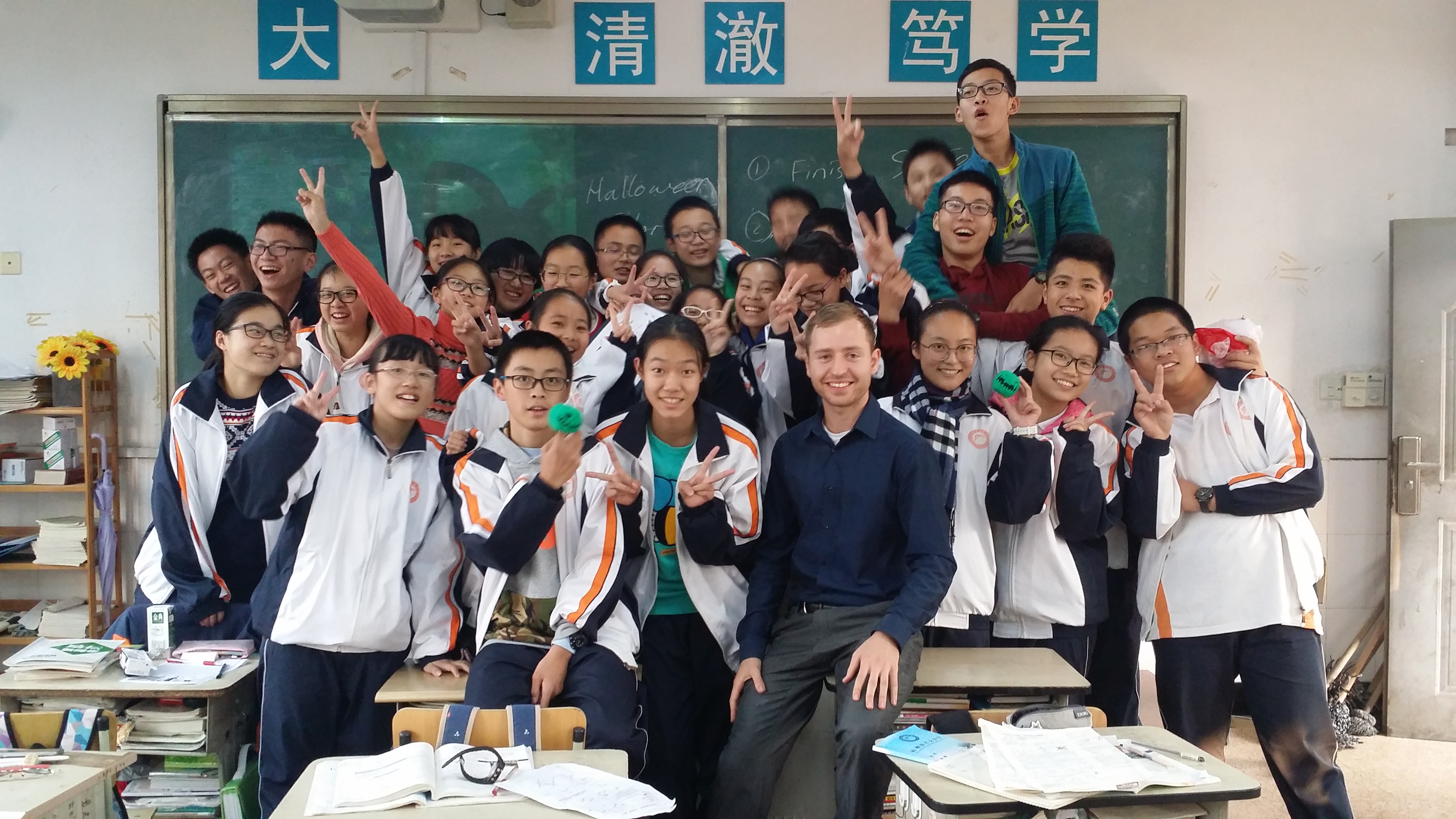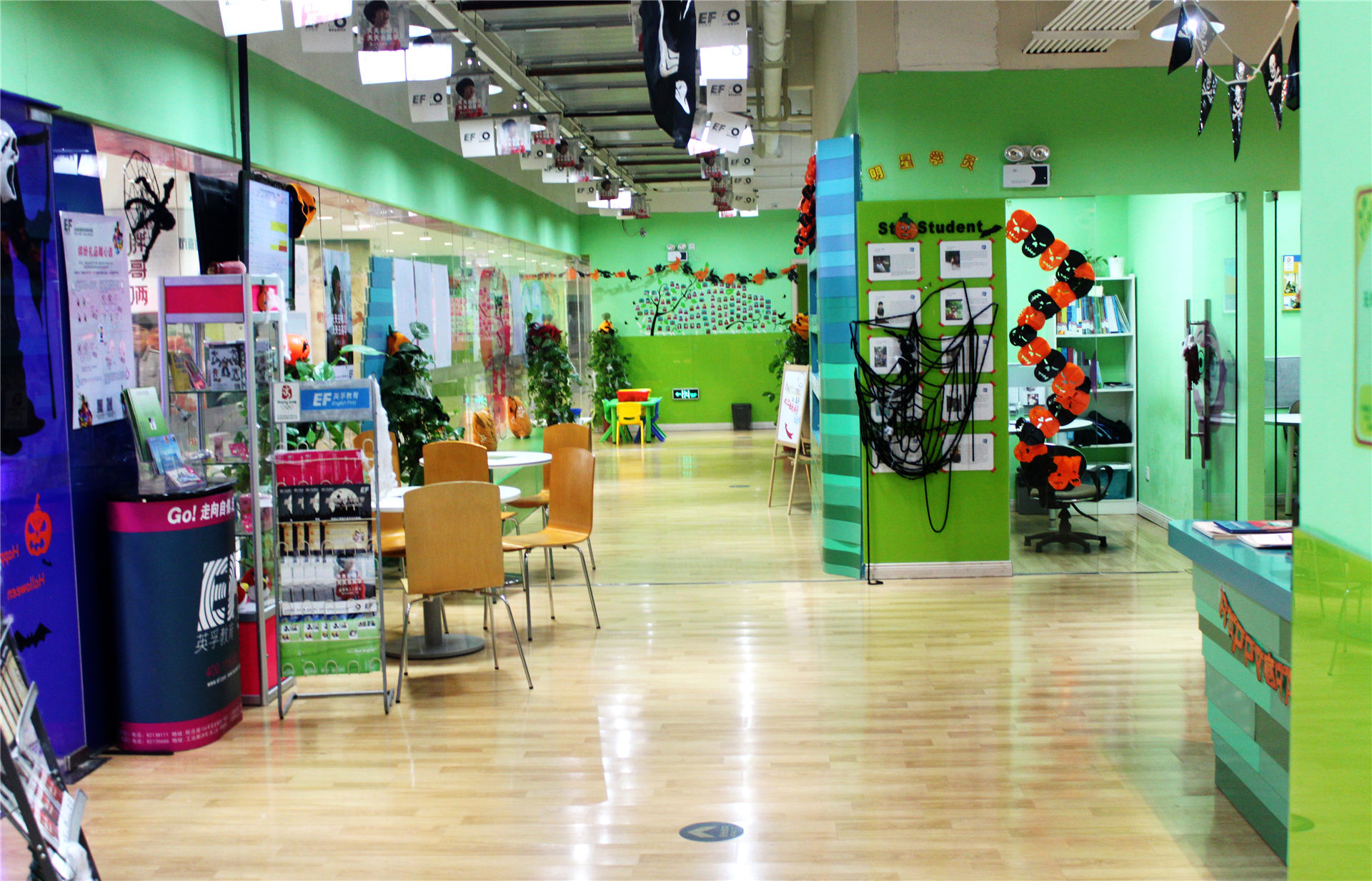Types of School in China – what are the differences, and what type would be a good fit for me?
If you’re just starting your TEFL journey in China, one of the major initial decisions when considering teaching in China is the type of school you’d to work in, as this can have a big impact on your overall experience. The difference between public schools/ international schools and private language centres is distinct, and often a particular school type can be better fitting to a teacher’s preferences, experience level, career goals, and aims for their overall experience in China.
This blog post considers some of the key differences, and questions you could consider when deciding what could be the right choice for you.
China’s Education System
First off, take a look at an overview of China’s education system, for context. China has the largest education system in the world, with a staggering 260 million students and over 15 million teachers in about 514000 schools (2015), excluding graduate education institutions – and its education system is immense and diverse. 9 years of compulsory education is mandatory for all children. Public schools typically refer to government primary, middle and high schools which deliver core education, as well as universities.
Private schools typically refer to privately run English training centres, sometimes referred to as language schools or language training schools. In addition, there are a huge number of foreign owned or operated International Schools, delivering an international curriculum (AP, iGCSE, A-Levels) which have roles for those with qualified teacher status in their home country. So, generally speaking how does each school type differ?
Working Days and Vacation Time
The first most obvious difference is the work schedule. Public schools’ timetable is in line with national academic terms, and therefore teachers work a traditional Monday to Friday week. Most teachers will lead 4 classes per day, and are likely to have some office hours on top of this for planning, meetings, and English clubs. Some schools require teachers to be on campus for their office hours, others do not. Public school teachers have 11 days of public holiday, plus 2 longer vacations in the summer (July and August) and over Chinese New Year (January/ February)
In a private language centre, teachers usually work for a few hours on a Wednesday, Thursday and Friday afternoon (after children have finished school) and then have a busy Saturday and Sunday. Their two days off each week are typically a Monday and Tuesday – meaning colleagues and other foreign teachers share the same delayed weekend! Language centre teachers also have public holidays off work (around 2 weeks) and then 2-3 weeks of paid vacation time as and when they choose.
Teaching and Learning Objectives – and class sizes!
Public school teachers are usually given a lot of autonomy. In some cases a broad syllabus and textbook to follow may be given and teachers are then given flexibility to apply their own way of teaching and assessment. A teacher might replicate a topic across all classes, and differentiate a lesson for each level. The focus is often on oral English, with the students learning grammar and language from their Chinese English Language teacher. Be warned…class sizes are very big compared to what you’ll be used to at home – it’s standard to have between 40- 50 students in one class! In addition to English teaching jobs, more and more public schools are starting to employ foreign teachers for subject areas such as math, science, arts, PE and drama – for those with prior experience in such subjects.
Outside of core schooling, a huge majority of the population then get involved in additional English learning opportunities- encouraged by parents, as you’d expect! Lessons in private English training schools are aimed at enabling students to practice their listening and speaking and learn practical elements of language – in a much smaller class setting of between 4- 12 students. Most centres use their own tried and tested curriculum dependent on the level of the class, and teachers create a lesson plan around this.
Language schools are ultimately privately run businesses, so the satisfaction of students is very important. Teachers that are motivated, deliver good lessons and whose students perform well may be given regular performance bonuses. Assisting with new student recruitment via ‘demo’ classes is the norm, and can hike up that bonus even further for those who do well. In comparison, public school teachers may receive a bonus for good performance at the end of a semester, but there’s no need to be involved in student recruitment or Open Days.
Colleagues and Work Environment
Public schools usually only have the resources for 1 or 2 foreign English teachers, which means they need to embrace a more immersive environment and will have Chinese colleagues. Of course, outside of work there are still plenty of opportunities to meet other foreign teachers and ex-pats in a city! By comparison, the majority of language schools employ a body of teachers across their campuses in a given city (ranging from a handful, to sometimes over 100 teachers!), meaning that teachers have a ready-made group of colleagues to socialise with should they choose.
On to work environment. Usually language centres offer a more modern, polished (think lots of glass, and bright colours!) environment, with spacious classrooms and equipment such as interactive white-boards (and cute colourful mini child-sized chairs). A public school classroom is a bit more traditional; large and with desks arranged in lines. It may indeed look a lot like the school you attended growing up!
Salary
It’s a question that candidates often ask; ‘where can I earn the most’. Well, the salary received teaching in China comes down to an array of factors including the city of work, experience level of teacher, individual school, as well as the school type.
Private language schools typically offer much higher basic salaries, usually between RMB9000-13,000 for an inexperienced teacher, and up to RMB17000 for a teacher with a few years of classroom experience. On top of this, performance bonuses are the norm. By way of comparison, Public schools are government regulated and as a guide offer a salary of between RMB7000-9000 a month in tier 2 or 3 cities, and between RMB9000- 13000 a month in tier 1 cities. Subject teachers will earn around RMB2000-3000 extra a month compared to an ESL/ English teacher.
Don’t just consider the monthly salary when looking at job offers- consider the overall package on offer, as well as the school management and support provided. Regardless of the school type, teachers receive a flight reimbursement (end of contract), free accommodation or monthly allowance, and local medical insurance – some schools or companies offer perks such as free Mandarin lessons, reimbursed TEFL course, staff trips, additional end of contract bonus, or reimbursement of document authentication costs.
Hopefully this post helps you to consider which school type could be the right fit for you. It’s a topic that your Opportunity China Coordinator will also discuss during your initial skype/ telephone interview, in order for us to match you with a great teaching role. Why not check out our latest role on our TEFL job board.
Share:




